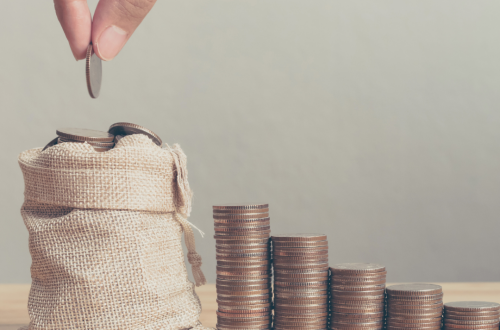Whether you’re buying a home, downsizing, or just need extra cash in a hurry, the reverse mortgage is an excellent option. However, many borrowers are surprised to learn that reverse mortgage eligibility is determined by a complex calculation that includes many factors that are rarely discussed.
For instance, you may want to renovate your house or do some upgrades such as new drapes, windows, and plumbing to improve the energy efficiency of the house. In such cases, having the knowledge of your mortgage eligibility could come in handy. While equity needs vary widely, some basic factors can be used to determine your eligibility. While equity needs vary widely, some basic factors can be used to determine your eligibility.
There are two main types of reverse mortgages available to low-income seniors. One is the “traditional” reverse mortgage. The lender takes out a mortgage-like loan from the government (i.e., the Federal Housing Administration) to provide the borrower with a lump-sum payment. The other is the “non-traditional” reverse mortgage. The lender takes out a mortgage-like loan under the Department of Veterans Affairs auspices and then makes monthly payments to the government (i.e., the Department of Veterans Affairs). The difference between the two is that, unlike the traditional reverse mortgage, the non-traditional reverse will not require the borrower to sell their home to pay the loan, which can be a good thing.
What is a Reverse Mortgage?
In the US, reverse mortgages are a popular home loan that allows homeowners aged 62 or older to borrow from their homes to pay for housing expenses, like rental fees or homeowner’s insurance. The idea is that seniors are likely to continue living in their homes for years to come, which means they are likely to need more money to pay for maintenance and utilities after they stop working.
A reverse mortgage is also used to cover long-term care expenses once you retire. A reverse mortgage is a type of mortgage that allows homeowners to borrow against the value of their home, either to pay off high-interest debt or to retire the mortgage early. The idea is to give seniors a way to get cash to pay for the care they need without leaving their homes.
How Much Equity Do You Need To Qualify For A Reverse Mortgage?
The reverse mortgage is a home loan that allows a homeowner to borrow against their house and reverse mortgage to pay their mortgage principal and interest. If you have a comfortable nest egg saved and a suitable down payment, then there is a good chance you may be willing to take on a reverse mortgage. The reason is simple: With a reverse mortgage, your home can become a powerful source of retirement income. But to qualify for a reverse mortgage, you first have to have a certain amount of equity in your home. If you’re unsure of this, it might be important for you to know about different types of lenders who can help you with the reverse mortgage. This could help you further understand what equity conditions each lender has. You can contact mortgage brokers (like the same in Burlington) working nearby, who will be able to assist you in exploring different lenders along with their terms and conditions related to equity. The question is: How much equity do you need?
Do you own a home but would like to live in a more expensive place? A reverse mortgage, a type of home equity loan, might be the answer. It allows lenders to give borrowers the ability to use their homes by taking a portion of the equity in a lump sum. With that money and an additional reverse mortgage, people can buy a bigger house like a duplex or mansion through home builders in PA (or elsewhere). A reverse mortgage works in the sense that the borrower can provide a down payment on the new house using the money obtained from the sale of the previous home. The equity earned through the down payment and the new home’s value is then used to calculate the reverse mortgage loan amount.
Reverse mortgages are mortgages that allow older adults to sell their homes and receive cash from the sale – property taxes and the title insurance typically being paid by the homeowner. They can be described as a flexible form of a home equity loan but are much less risky than a traditional home equity loan. Many people see this loan as a way to: save for a down payment, access cash for an emergency, or even supplement their Social Security.
If you’re thinking about getting a reverse mortgage to help pay for some of your home’s expenses, you may want to look for reputable mortgage solutions wholesale lenders and also consider the loan terms. Mortgage solution providers may be able to help you get your loans approved quickly and easily. Also, unlike a regular home loan, reverse mortgages have different requirements based on the age of the borrower and whether the home is owned outright or part of a joint tenancy. You can usually qualify for a reverse mortgage loan even if you have only equity in a home of a certain value.
Reverse mortgages take a chunk of your home’s equity to help you pay for things like health care, college tuition, or an emergency, which are often difficult to afford in our day-to-day lives. If you happen to own your home outright, you may only be able to get a reverse mortgage if you have at least 30% equity in the home. If you have a reverse mortgage in your pocket, the size of the loan you qualify for will depend on several factors, including how old you are and the value of your home.





